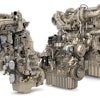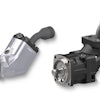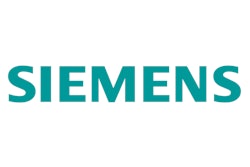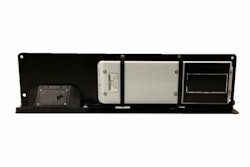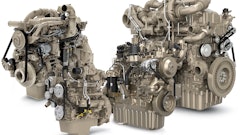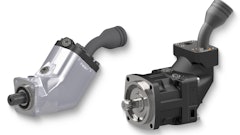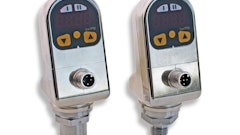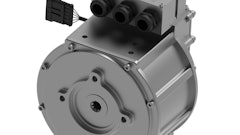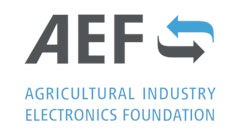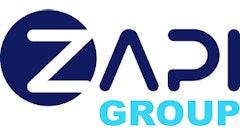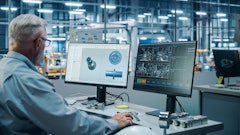CALSTART, the nation’s leading clean transportation consortium, announces that it has received approval from the Federal Transit Administration (FTA) to develop North America’s first-ever fuel cell/battery combination zero emission 60-foot electric bus. New Flyer Industries will build the bus that will enable it to operate in daily urban service using a unique combination of a fuel cell and batteries.
“This is a major milestone in the zero emission bus sector. Sizty-foot buses serve the most densely populated corridors where air quality is very important. It is only through technology advancement that we are now able to envision buses of this size operating without emissions,” says John Boesel, President and CEO at CALSTART.
“Over the next decade, we expect to see a transition from conventional propulsion towards zero emission technologies in the heavy-duty transit market in North America,” says Paul Soubry, President and CEO of New Flyer.
The propulsion system will include a combination of batteries, a fuel cell, and hydrogen storage. The electric drive bus will allow the fuel cell to operate at a relative steady-state, while the batteries will both be able to capture braking energy and provide power for acceleration. Ballard will supply a next-generation fuel cell power plant that is lower in cost, smaller and lighter than existing models. The project aims to improve durability and lower costs, getting us closer to pollution-free mass transit. The bus, which is expected to be completed in the middle of next year, will meet the FTA’s Buy-America requirements.
The propulsion system will include a combination of batteries, a fuel cell, and hydrogen storage. The electric drive bus will allow the fuel cell to operate at a relative steady-state, while the batteries will both be able to capture braking energy and provide power for acceleration. Ballard will supply a next-generation fuel cell power plant that is lower in cost, smaller and lighter than existing models. The project aims to improve durability and lower costs, getting us closer to pollution-free mass transit. The bus, which is expected to be completed in the middle of next year, will meet the FTA’s Buy-America requirements.
CALSTART is managing the project for the FTA. New Flyer Industries is teaming with the fuel cell supplier, Ballard Power Systems, and Siemens, the electric powertrain manufacturer, to build, test and deliver the bus. Funding came in part from the FTA’s National Fuel Cell Bus Program. New Flyer Industries plans to put the bus into commercial production.
“The FTA investment is in this project was critical and is a good example of how a small amount of public capital can spur innovation,” Boesel says.
A key step in the commercialization of the bus will be to complete a full Altoona Durability and Performance test, part of the FTA’s Bus Testing Program. Then the bus will be deployed to a major transit agency for a planned 22 months of in-revenue-service operations.
